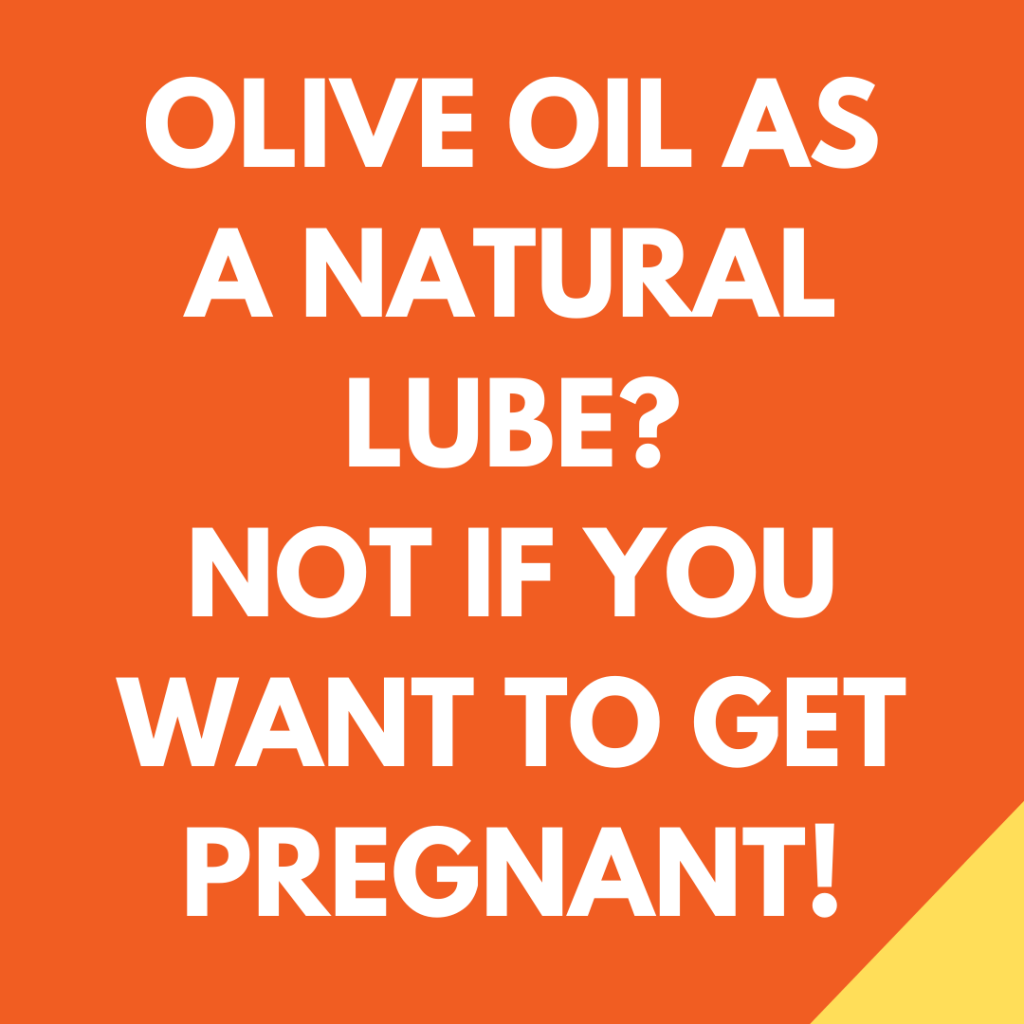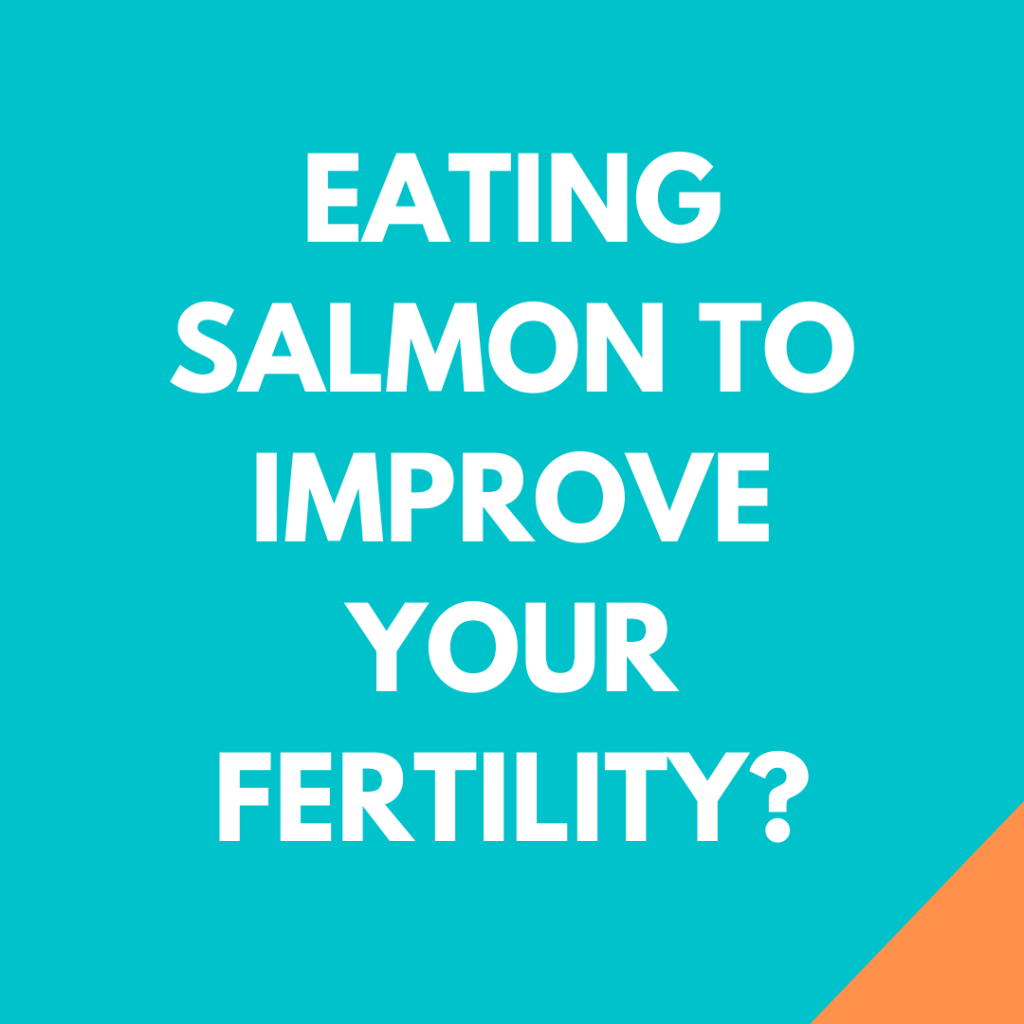We may earn a commission from affiliate links on this page.
Is there such a thing as the ultimate fertility diet? That’s exactly what I’ve been trying to figure out with these in-depth articles.
Here’s what I found: changing your diet can’t make you pregnant overnight, but it sure can help more than you might think! In fact, the science tells us there are plenty of things you can do to boost your odds of getting pregnant.
So let’s talk about the 10 fertility diet tips that you need to implement today.
For a deep-dive into how food affects your fertility, check out all the other parts of my Foods for Fertility series or download the complete pdf eBook completely free.
Part 1. The Ultimate Fertility Diet: What To Eat When Trying to Conceive
Part 2. Meat, Poultry, Fish, Tofu: Which Protein is Best and Which is Worst for Fertility?
Part 3. Definitive Guide to Fats That HELP Fertility: Omega-3 and Other Fatty Acids
Part 4. Definitive Guide to Fats That HURT Fertility: Saturated Fats and Other Fats
Part 5. Sugar and Other Carbs Suck When Trying to Conceive
Part 6. Artificial Sweeteners When Trying to Conceive or Pregnant: Bad Idea?
Part 7. Two Reasons Coffee is Bad When Trying For a Baby
Part 8. Can I Drink Alcohol When Trying to get Pregnant?
Part 9. Dairy Can Help You Get Pregnant – Everything You Need to Know
Part 10. 10 Fertility Diet Tips to Implement Today
Tip #1: Supercharge your whole diet

You can improve your egg quality (and your partner can improve their sperm quality!) by making some changes to your diet. Yep. That’s what the science tells us!
There’s a lot of research backing up the Mediterranean diet. In other words, Spanish, Italian, Greek and other Mediterranean cuisines. Here’s how it differs from a typical western diet:
Western diet: potatoes, fried foods
Mediterranean diet: beans, seeds and legumes
Western diet: beef and pork
Mediterranean diet: lots of seafood
Western diet: refined grains and sweets
Mediterranean diet: whole grain breads
And guess what… adherence to a Mediterranean diet is linked to a 40% lower chance of having problems getting pregnant!
Not feeling up for Italian every day? That’s OK, because an overall healthy “fertility” diet is also linked to much lower odds of having trouble conceiving due to ovulatory infertility.
So if you’re trying to conceive, drop the saturated fats and eat more veggies. It can do wonders for your fertility!
Read more about the Ultimate Fertility diet here.
Tip #2: Don’t eat red meat

Eating enough protein is really important for your bodies’ growth, maintenance, and energy. And I’m not just talking about you, it’s really important for your future baby as well.
Study after study reach the same conclusion when it comes to protein: stop eating red meat!
Actually, it’s not just that (red) meat is bad for fertility, what’s also important is that you replace meats with vegetable protein.
Beans, lentils, cereals, cheese, soy and tofu.
Take the Nurses’ Health Study. Researchers found that women who were in the top 20% of vegetable protein intake had a 16% lower risk of early menopause than women who consumed much less protein.
There’s so much to unpack when it comes to protein and fertility, ranging from soy “isoflavones” to how chicken and fish behave very differently when it comes to fertility.
Read more about which proteins are the best and which to avoid.
Tip #3: Omega-3 can work wonders

Fats are an important part of a healthy fertility diet. Many weight loss diets focus on reducing fat intake, but there is good evidence that some fats are beneficial and even a necessity to good fertility.
But not all fats are created equal. So let’s talk about which fats are beneficial to your fertility.
There’s some very convincing evidence that Omega-3 greatly boosts egg quality and is really important other things such as supporting the luteal phase and reducing the risk of endometriosis.
And the best way to get enough Omega-3? It’s fish such as salmon and fish oil supplements. They are extremely rich in the most important types of Omega-3; EPA and DHA.
And for the vegetarians among us there are also options rich in ALA Omega-3, think canola oil and walnuts.
Want to know more? Get the Good Fats & Bad Fats Checklist completely free, and don’t forget to read my post about fats that are GOOD for your fertility.
Price: $14.17 ($0.07 / Count)
19 used & new available from $13.99 ($0.07 / Count)
Tip #4: Saturated fats are no good for egg quality

Now you know Omega-3 is the good fat, but trust me, there are fats you want to 100% avoid when you’re trying to conceive.
And the biggest offenders are trans fats and saturated fats. Trans fats are banned in the US, but many countries around the world still allow them in products, usually in snacks such as cookies or fried foods.
And let me tell you, trans fats are TERRIBLE for your fertility. One study found that a 2% increase in energy from trans fats at the expense of carbohydrates was associated with a 73% increased risk of self-reported ovulatory infertility!
And saturated fats, the kind found in a juicy steak, are no good for fertility either. In fact, lower male partner sperm quality is linked to eating more saturated fats.
So here’s what I want you to do, read my post about fats that are BAD for your fertility.
Tip #5: Most carbs suck when trying to conceive

For an average American, what do you think is the biggest source of carbs? Is it bread or pasta? Anything else?
It’s actually soda pop! 34% of American’s sugar intake is from soda and energy drinks. And in one IVF study, women who drank at least one cup of soda per day had 16% lower odds of becoming pregnant.
So when it comes to carbs, the easiest thing you can do is cut (or limit) soda from your diet.
Read all about carbs and fertility right here.
Tip #6: Some artificial sweeteners are OK, others should be avoided

I know that the word “artificial” sounds scary, but replacing some of that sugar we just talked about with artificial sweeteners might not be such a bad idea.
For example, several studies show that intake of artificial sweeteners at low to moderate levels -unlike sugar- do not impact fertility.
It pays to be mindful though, because once you do become pregnant some artificial sweeteners can cross the placental barrier to reach the developing fetus. So you might want to avoid these (but again, moderate amounts appear to be fine). These include: Acesulfame potassium (found in e.g. Coca-Cola Zero), Stevia and Saccharin (the pink sweetener).
Sweeteners that don’t reach the fetus and are considered safe during pregnancy include Aspartame and Sucralose.
Click here to read more about sweeteners and trying to conceive.
Tip #7: Coffee may not be as innocent as you think

The research tells us that caffeine in low to moderate amounts is very unlikely to negatively impact your odds of conceiving. But…
There’s some evidence that suggests women who drink lots of coffee have higher odds of miscarriage. For every 100mg of caffeine (that’s about 1 regular sized cup of coffee), the risk of miscarriage is 10% higher than if you didn’t consume any caffeine.
So what can you do? Switch to decaf!
Tip #8: Alcohol and trying to conceive don’t mix

You shouldn’t drink alcohol during pregnancy. We all know that, right? But what about before pregnancy, when you’re actively trying to get pregnant?
It turns out, drinking alcohol is terrible for your fertility! Take one IVF study that found that having 1 drink (on average) per day in the year preceding IVF, lead to 13% fewer eggs being retrieved.
And another study found that in the month before IVF, 1 or more drinks per day led to a 2.9 times reduction in the odds of a successful IVF attempt. And drinking in the week before IVF egg retrievle was linked to a four times lower chance of getting pregnant!
The short answer: stop drinking if you want to optimize fertility.
The long answer: read this post where I also talk about how alcohol affects male fertility.
Tip #9: How dairy can help you get pregnant, especially if you’re over 35

Dairy influences fertility. Really!
Don’t believe me? A big Harvard study found that consuming more high-fat dairy (think full fat yogurt) was linked to improved odds of conceiving.
And an IVF study found that women who consume a lot of dairy (the top 25% of dairy consumers) have a 21% higher chance of a live birth compared to women with low dairy consumption. And that’s regardless of low or high fat dairy.
While the jury is still out whether you specifically need full fat dairy -my gut tells me it probably doesn’t matter much-, consuming some dairy is actually a great idea.
That’s because once you do get pregnant, you and your baby need a little extra calcium anyway!
Click here to read more about dairy consumption and fertility and how it helps women over 35.
Tip #10: Be your own fertility expert
I know that changing your diet for the better is a lot easier said than done. But with these tips you’re well on your way to boosting your fertility. And besides, I believe in you!
Now there’s only one thing left to do: knowing how to actually become pregnant!
At this point you probably want to say “Katelyn, I know how to have sex”. But for most of us, it’s not quite as simple!
Did you know you can easily increase our chances of conceiving 10-fold? That’s because having sex on a random day in your cycle only leads to pregnancy about 2-4% of the time. That’s it!
The secret to conceiving quickly is pinpointing when you’re in your fertile window.
To put it bluntly: sex at random times isn’t going to help you. But sex at exactly the right time is going to get you pregnant.
And to help women master this Secret, I’ve created TTC School.
TTC school is an online course for those who want to conceive fast. It’s tailor made for women who want to do everything they can to get pregnant.
Does that sound like you?
Enrollment in TTC School is limited because I make myself available to all my students for any question they might have. See if enrollment is open right now.
Bonus tip: Take a multivitamin
Taking a prenatal multivitamin is without doubt the easiest way to boost your fertility (here’s why). Personally, I love the Smartypants prenatal gummy (because it’s good and tastes yummy) and the Nature Made prenatal vitamin with DHA (because it contains all kinds of goodies that boost fertility and is a trusted brand).
Price: $41.98 ($0.47 / Count)
1 used & new available from $41.98 ($0.47 / Count)




